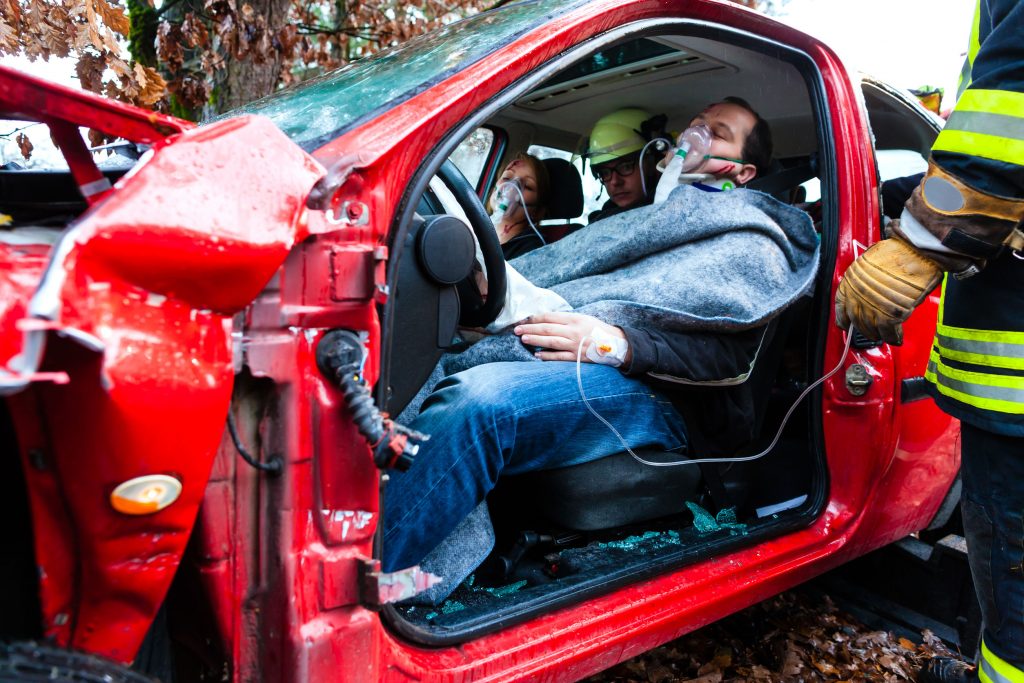
There is a movement to stop calling motor vehicle crashes “accidents”. Why? Because the words we use shape or thoughts, attitudes, and ultimately, our actions. Accident implies that no one is accountable. That no one is to blame. “Crash” is neutral. It does not imply blame or lack thereof.
It leaves the question open. It reminds us that there is quite possibly a cause, and that we may be able to prevent crashes, as individuals, rather than leaving home in fear and leaving out fate to the powers that be. It puts the responsibility back on drivers, and others who create the hazards that cause traffic crashes.
But, Don’t Accidents Happen?
Yes, sometimes a crash is pure accident. But that is very rare. For instance, a driver with no known medical problems has a sudden heart attack behind the wheel and crashes. That’s an accident.
In most cases, crashes are caused by bad choices. The choice to text while driving. The choice to drink without a designated driver or another plan for getting home safely. The choice to speed or drive too fast for the conditions. Those are not accidents. They are choices, and when those choices lead to crashes, there is a clear line of responsibility even though the crash was not intentional.
What About Defective Vehicles and Roadway Defects?
Still not accidents. They are preventable crashes for which someone is responsible. Automakers can be held responsible for the harm their defective vehicles cause, often as a result of a choice to sell or refrain from recalling a vehicle that is known to have a dangerous or deadly flaw.
The government entities responsible for the design, construction and maintenance of roadways have a duty to keep those roadways free from dangerous defects, to warn drivers of dangerous condition, or to reroute traffic when necessary.
When we think of crashes as accidents, we do not look for solutions because “accident” implies “unavoidable”. It’s time to change that outlook, and that can start with changing just one word.















